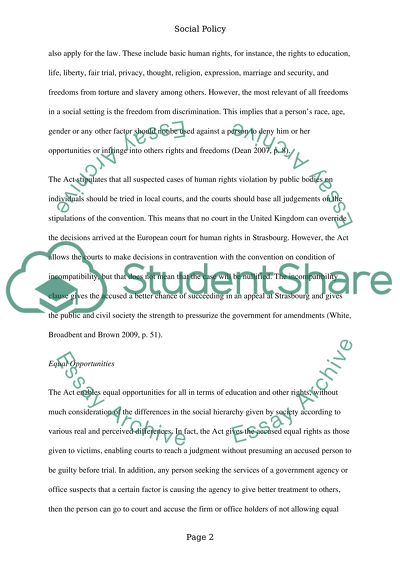Cite this document
(“Social Policy: Social Welfare Student Essay Example | Topics and Well Written Essays - 1500 words”, n.d.)
Social Policy: Social Welfare Student Essay Example | Topics and Well Written Essays - 1500 words. Retrieved from https://studentshare.org/sociology/1443056-social-policy-social-welfare-student
Social Policy: Social Welfare Student Essay Example | Topics and Well Written Essays - 1500 words. Retrieved from https://studentshare.org/sociology/1443056-social-policy-social-welfare-student
(Social Policy: Social Welfare Student Essay Example | Topics and Well Written Essays - 1500 Words)
Social Policy: Social Welfare Student Essay Example | Topics and Well Written Essays - 1500 Words. https://studentshare.org/sociology/1443056-social-policy-social-welfare-student.
Social Policy: Social Welfare Student Essay Example | Topics and Well Written Essays - 1500 Words. https://studentshare.org/sociology/1443056-social-policy-social-welfare-student.
“Social Policy: Social Welfare Student Essay Example | Topics and Well Written Essays - 1500 Words”, n.d. https://studentshare.org/sociology/1443056-social-policy-social-welfare-student.


